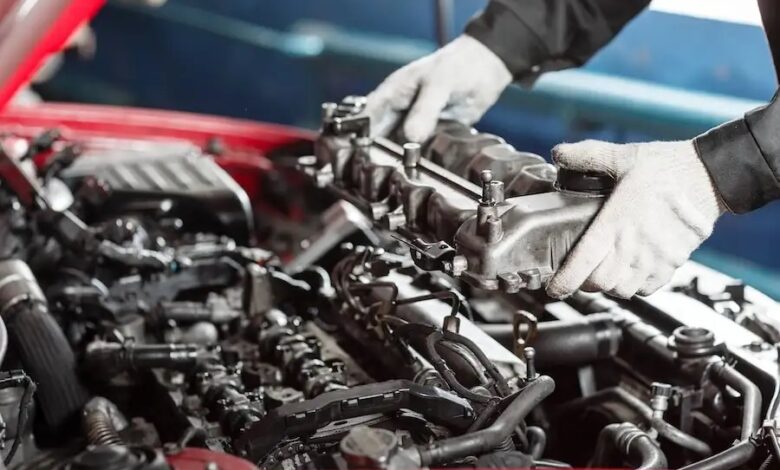Rough Idling? How a Failing Catalytic Converter Affects Your Car’s Performance

A crucial part of your car’s exhaust system, the catalytic converter lowers dangerous pollutants before they leave the vehicle’s tailpipe. By promoting chemical reactions that transform harmful gases like carbon monoxide, unburned hydrocarbons, and nitrogen oxides into less dangerous compounds, it achieves this. A smooth idle and balanced engine performance are maintained when the converter is operating correctly. But when it starts to malfunction, the idling quality of your car may suffer.
How a Clogged Converter Disrupts Exhaust Flow
Clogging is one of the most frequent problems with catalytic converters. Over time, the converter’s internal passageways may get obstructed by carbon deposits or contamination from coolant or engine oil. Exhaust gasses are prevented from effectively leaving the engine when this occurs. The engine’s air-fuel ratio may be upset by this backpressure, leading to erratic or harsh idling. At stoplights or in park, you may notice your engine shivering, idling too high or too low, or varying erratically.
The Connection between Exhaust Flow and Engine Management
A complex network of sensors controls modern engines, and oxygen sensors are crucial to top performance. These pre- and post-catalytic converter sensors monitor exhaust gas composition. This information is sent to the ECU, which modifies engine parameters in real time. If the catalytic converter’s efficiency drops, this meticulously calibrated system may fail. Degraded converters may handle exhaust gases incorrectly, causing oxygen sensors to read falsely. Inaccurate data to the ECU could lead to inappropriate fuel supply modifications. Too rich or too low a fuel mixture is harmful for engine health. Such imbalances can cause rough idling, engine hesitation, or engine stoppage.
Common Symptoms to Watch For
In addition to causing rough idling, a malfunctioning converter might cause an emissions test failure or the check engine light to illuminate. Additionally, you may detect a sulphur-like smell coming from the exhaust, slower acceleration, or poor fuel efficiency. In extreme situations, the engine may stall completely or misfire while at idle. The catalytic converter is frequently the cause of these symptoms, which frequently indicate a more serious exhaust system problem.
When to Seek Professional Help
A trained mechanic should evaluate your car if it is idling rough and exhibiting other symptoms of exhaust issues. When it comes to Auto Repair in Yonkers, NY, examining sensor data, deciphering fault codes, and checking for backpressure are frequently used to diagnose a malfunctioning catalytic converter. Early problem solving can preserve smoother engine performance, even while the engine is at a standstill, and assist in avoiding more severe engine damage.
Conclusion
Not only can a failed catalytic converter affect emissions, but it can also have a direct effect on how your car idles and runs. When your car is at rest, pay attention to the warning indications and don’t disregard persistent roughness.



